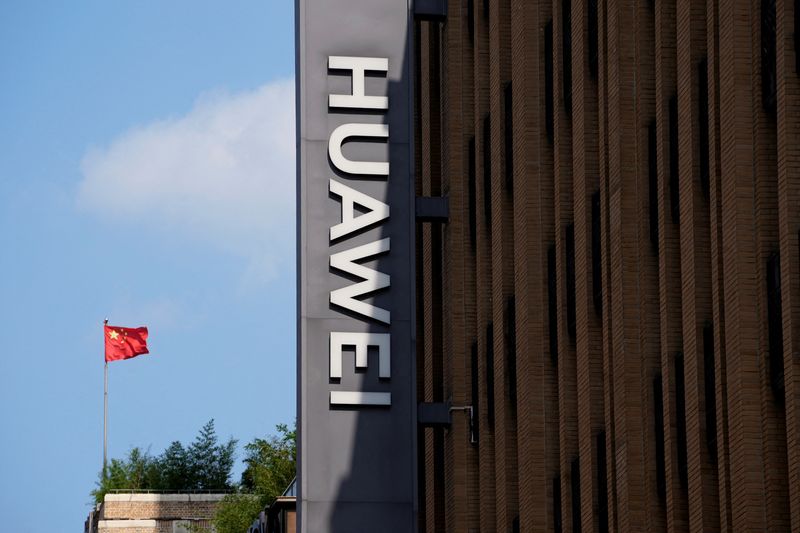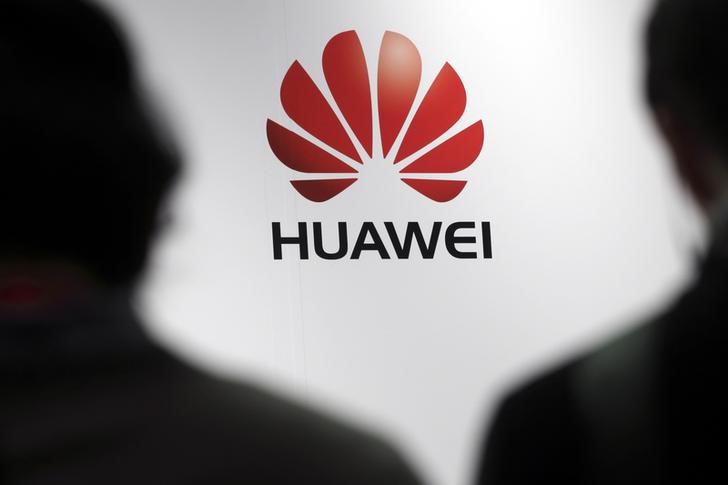SHANGHAI (Reuters) – China’s Huawei, which is on the U.S. blacklist, said on Saturday it is targeting 100,000 applications for its Harmony (JO:) operating system in the coming months as it seeks widespread assistance to achieve self-reliance.
The tech giant has more than 15,000 Harmony-based applications that can meet consumers’ basic needs, but the ecosystem requires more personalized and boutique apps, Huawei Chairman Xu Zhijun told a conference on Saturday.
“Based on our analysis, 100,000 apps is the milestone for the Harmony ecosystem to mature in meeting consumer needs, and that is the main goal for the next six to 12 months,” Xu said in a speech on the WeChat messaging app. .
The ambitious app goal highlights the urgency of developing homegrown technologies as China faces heightened tensions with the US in areas ranging from trade to technology, while newly elected President Donald Trump threatens to get tougher on China.
Huawei launched its operating system five years ago after US sanctions ended support for Google (NASDAQ:)’s Android. The Shenzhen-based company, which sells products ranging from smartphones to laptops, later developed an open-source version of the Harmony system.
As a result of the US sanctions, Huawei has been forced to accelerate the development of its own operating system, Xu said. While much progress has been made, “any operating system, no matter how advanced, would be of no value if no one uses it.”
Xu expressed hope that developers could work hard to enrich the app offering and called on government agencies, state-owned enterprises and social organizations to use Harmony as their operating system at work.
He asked consumers to be tolerant of the system’s immaturity, saying: “The more people use it, the faster it will mature.”

Huawei unveiled Harmony in August 2019, three months after Washington placed it under trade restrictions over alleged security concerns. Huawei denies that its equipment poses a risk.
“No way back leads to victory,” said Xu. “Huawei will unwaveringly invest in the development of the Harmony ecosystem and strive to make the impossible possible.”


